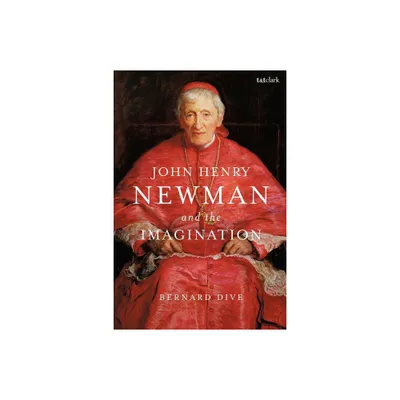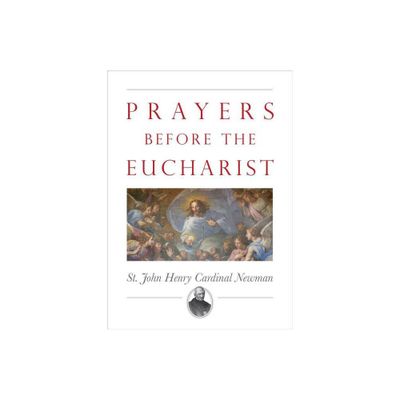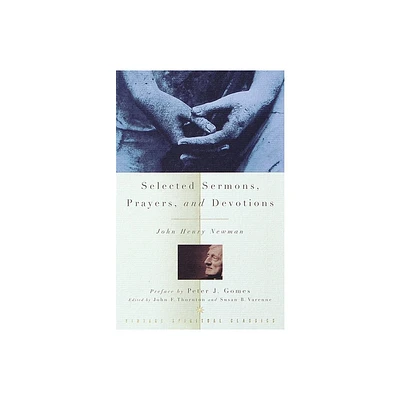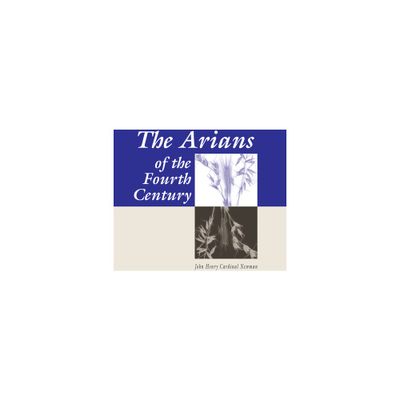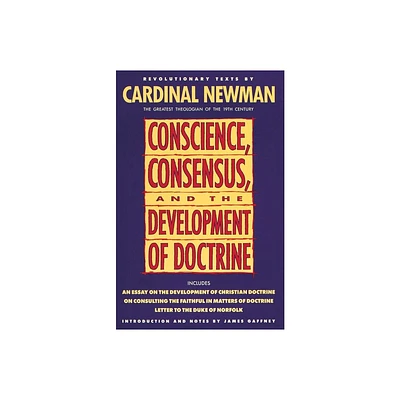Home
The Oxford Handbook of John Henry Newman
Loading Inventory...
Barnes and Noble
The Oxford Handbook of John Henry Newman
Current price: $190.00


Barnes and Noble
The Oxford Handbook of John Henry Newman
Current price: $190.00
Loading Inventory...
Size: Hardcover
*Product Information may vary - to confirm product availability, pricing, and additional information please contact Barnes and Noble
John Henry Newman (1801-1890) has always inspired devotion. Newman has made disciples as leader of the Catholic revival in the Church of England, an inspiration to fellow converts to Roman Catholicism, a nationally admired preacher and prose-writer, and an internationally recognized saint of the Catholic Church. Nevertheless, he has also provoked criticism. The church authorities, both Anglican and Catholic, were often troubled by his words and deeds, and scholars have disputed his arguments and his honesty.
Written by a range of international experts,
The Oxford Handbook of John Henry Newman
shows how Newman remains important to the fields of education, history, literature, philosophy, and theology. Divided into four parts, part one grounds Newman's works in the places, cultures, and networks of relationships in which he lived. Part two looks at the thinkers who shaped his own thought, while the third part engages critically and appreciatively with themes in his writings. Part four examines how those themes have shaped conversations in the churches and the academy. This Handbook will serve as an important resource to critical and appreciative exploration of the person, writings, controversies, and legacy of Newman.
Written by a range of international experts,
The Oxford Handbook of John Henry Newman
shows how Newman remains important to the fields of education, history, literature, philosophy, and theology. Divided into four parts, part one grounds Newman's works in the places, cultures, and networks of relationships in which he lived. Part two looks at the thinkers who shaped his own thought, while the third part engages critically and appreciatively with themes in his writings. Part four examines how those themes have shaped conversations in the churches and the academy. This Handbook will serve as an important resource to critical and appreciative exploration of the person, writings, controversies, and legacy of Newman.


